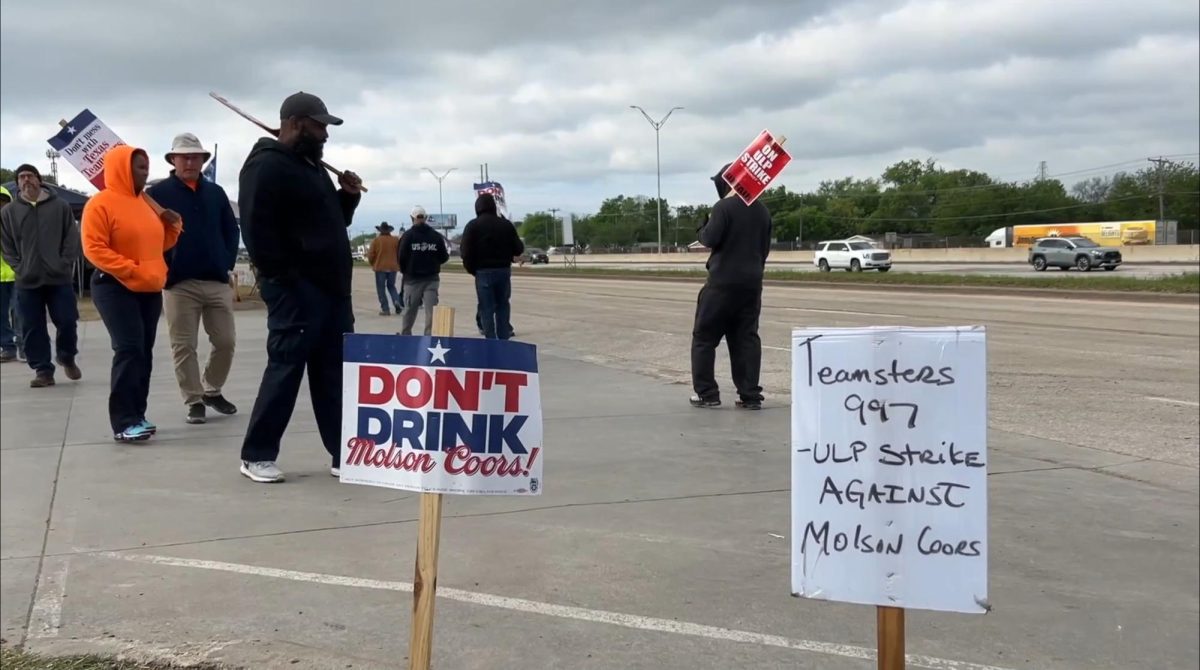The problem is no longer obscure: A visit to the gas pump makes its repercussions obvious. Hurricane Katrina has caused horrific suffering. Among the destroyed lives, homes, and businesses are at least eight wrecked oil refineries. Oil imports have long been strained by a challenging political climate. The price of fuel is rising.The Bush administration has responded to the temporary fuel problem Katrina caused by releasing strategic oil reserves. Unfortunately, this oil will have to be refined, and the problem then is the shortage of refineries more than the shortage of oil that Katrina created.
Therefore, the oil did not cause the soaring gasoline prices. At one gas station I pass driving to school, gas rose 41 cents in just 33 hours! This story is not unique.
While Katrina came literally out of the blue, other long-term problems have existed for years. Metaphorically, a storm gathered on the horizon in silence and in merciful slowness. To a few people, these dangers have been apparent for years.
That perfect storm is now breaking upon us all. The government has not galvanized serious interest in new research, and car companies that make hybrid vehicles tend to still lean on the old, oil-based technology. Citizens are then left mostly with conventional cars. What are we to do?
There are many things we can do. Cities can make use of mass transportation.
Profligate consumption sharpened our current problem. We must avoid driving unnecessary miles in the first place. We should remember that when people multitask (unsafely!) in their vehicles, the vehicles they are in meanwhile continue to do one thing very well: consume resources and money.
When we buy vehicles, we need to buy smaller cars with higher fuel efficiency. According to a Department of Energy Web site, www.fueleconomy.gov, the most efficient large car (the Toyota Avalon) averages 25 miles per gallon. The highest mileage midsize car (the Toyota Prius hybrid) averages 55 miles per gallon.
The DOE also points out that aggressive driving and excessive speeds can each boost gas consumption by one-fourth.
These are solutions within everybody’s reach. But a long-term solution requires more. We must again become enchanted with science because the key to progress is innovation, not the status quo.
Hybrid vehicles, while better than many other vehicles, are no magic bullet. Hybrids use less gas because they also consume electricity. This reliance on petroleum is only partial, but hybrids are nevertheless a stop-gap, temporary option, rather than a permanent alternative.
Our long-term oil problem, like other major challenges throughout history, should be dealt with at its source and in many ways. This strategy was used by FDR to tackle the Depression and by Lincoln’s generals during the Civil War.
Similarly, we must use less oil, develop alternative resources, and remember that transportation is about getting from point A to point B.
For the future, the answer is not to be found in strategic oil. The answer lies within ourselves.
Nicholas Sambaluk is a history major from Poolville.





